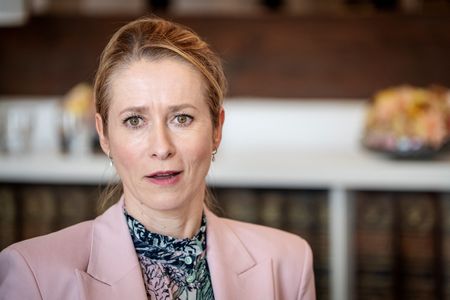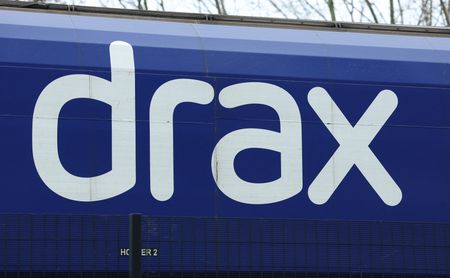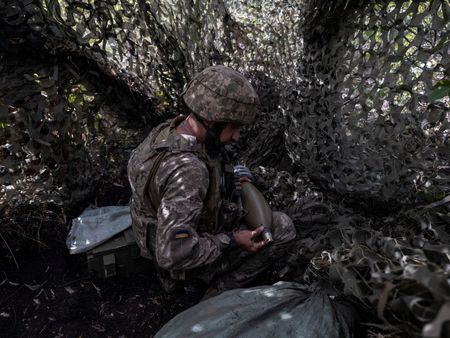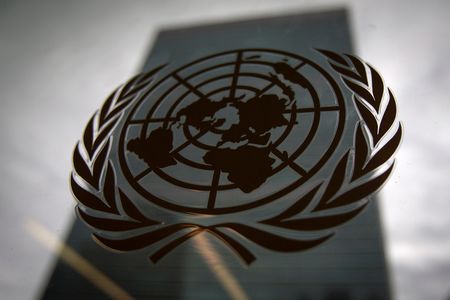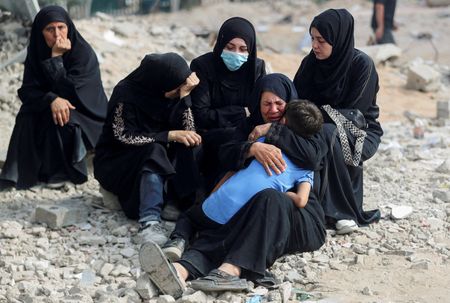(This May 15 story has been corrected to remove reference to the Netherlands in paragraph 12)
By Lili Bayer and John Irish
BRUSSELS (Reuters) – EU foreign policy chief Kaja Kallas has proposed a further loosening of European sanctions on Syria to allow funding for Syrian ministries in areas including reconstruction and migration, according to a document seen by Reuters.
The move comes after U.S. President Donald Trump said on Tuesday he would order the lifting of sanctions on Syria.
European Union foreign ministers are expected to discuss the relationship with Damascus at a meeting in Brussels next week.
The EU has already eased sanctions related to energy, transport and reconstruction, as well as associated financial transactions, but some member states have pushed for further relief to help smooth Syria’s transition.
French President Emmanuel Macron said this month after hosting Syrian President Ahmed al-Sharaa that Paris would push for the EU to end its sanctions when they come up for renewal.
The bulk of sanctions imposed since 2013 are renewed annually on June 1.
With the World Bank estimating Syria’s reconstruction costs at more than $250 billion, Syria’s new authorities have been lobbying European countries for relief from the tough Western sanctions imposed on the former government of Bashar al-Assad.
Under the new proposal, dated May 14, the EU would allow member states to provide funding to Syria’s ministries of defence and interior for cooperation “in the areas of reconstruction, capacity-building, counter-terrorism and migration”, the document said.
A special provision would allow EU member states more room for manoeuvre in dealing with Syrian state-owned entities when it comes to the destruction of chemical weapons.
The new proposal would lift sanctions on the Commercial Bank of Syria, while retaining measures targeting individuals linked to Assad’s former administration.
Officials are also discussing whether to lift sanctions on Syria’s central bank, three diplomats said.
Germany, Italy and Austria have circulated a joint document, seen by Reuters, calling for lifting sanctions on Syria’s central bank and financial institutions.
“The objective is to provide additional space for socio-economic recovery,” the four countries wrote.
(Reporting by Lili Bayer in Brussels and John Irish in Paris; Editing by Bart Meijer and Gareth Jones)

